Work remotely can provide opportunities for great financial savings. If you’ve been conducting your business from a home office for the past year, it’s a good time to take into account using that extra money wisely. Perhaps you should start that savings account for long-term goals, such as a home renovation, or perhaps a new car? Or maybe an emergency fund or investor opportunity?
With the new monthly benefit of a surprise cash flow, comes the options for paying credit card debt, financial security, or a careful plan for a retirement account.
Unintentional Savings
Just a quick look at your checking account or savings account and, after rent, you may have noticed how much money was saved on regular expenses. As most commuters spend approximately $4,000 on transportation, all that money remains in your bank account. When gas, maintenance, insurance, and tolls are factored in, the money saved equals a second paycheck. Here, every little bit truly counts!
People joke that working remotely means staying at home in pajamas, but last year, savings on laundry bills equaled an approximate $2,000 for most remote employees. Incidentally, eating at home also made a big difference of $4,000 for the year, not to mention the health benefits of preparing fresh groceries instead of restaurant food every day.
Dream Projects

Last year, remote workers saved about $10,000, or a “third” of their average income. That’s a lot of money for a potential financial plan, and as the new year begins, there are many options regarding the best way to spend it. If you’ve been considering how to finance a major renovation of your home as a long-term goal, now may be a great time. If it was difficult in the past to plan ahead for major renovations, this short-term goal might be a great way to use that surplus money.
Long-Term Investments
If you’ve been promising yourself that you’d invest any potential “extra” cash, it may be a good idea to pay off any outstanding credit card bill to boost your credit score or student loans. The next step is to consult a financial advisor or financial institution to discuss options for the stock market, individual stocks, or even starting a Roth ira as your first step. A reputable financial planner can also help select the best investments to make now for saving money in the long-term, such as a low-interest rate mutual fund or a money market account.
Retirement Plans

Now is also a great time to consider establishing a retirement account, while being sure you have solid income protection insurance. It is also a good time to take retirement savings seriously, establishing financial goals (such as an emergency fund) for you and your family and thinking about the sound, long-term investment of your individual retirement account. Having that kind of peace of mind, in the long run, is always a worthwhile investment, and a good choice for diverting at least some of your monthly salary.
The good news is that no matter your financial situation, a reputable financial planner can help you balance your checking account and offer sound investment advice while utilizing your surplus funds from working remotely, and setting up a plan for your long-term financial needs for a stable retirement plan. The important thing to consider, however, is to research the details; monthly payment options, interest rates in increments, compound interest, premiums, and annual fees should all be taken into account, as well as how much of your taxable income can be set aside as your savings goals for future planning.
A lot of people are intimidated at the thought of thinking that far ahead, not sure what the next year will bring. Perhaps a current hard time financially, numerous medical bills or a low account balance shakes their confidence in possible retirement. But the sooner you make a final investment decision, or investment strategy, the better your chances for the best rates, the lowest initial investment, and the lowest annual fee for the long haul.





